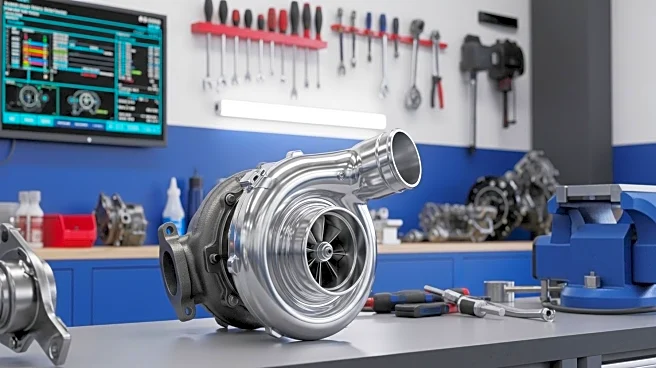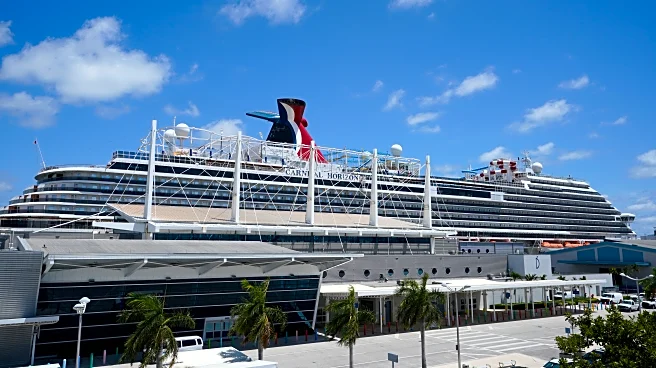What's Happening?
A Michigan resident, Shawn Markos, has raised concerns over the cost of replacing a turbocharger in his vehicle after receiving a quote from an auto shop. The shop quoted a labor charge of $98 per hour for a six-hour job, totaling approximately $588, alongside a $100 inspection fee. Markos questioned the logic behind the pricing, particularly why the inspection and replacement couldn't be combined for a lower cost. Industry experts explain that inspection and replacement are distinct processes, with replacement requiring additional steps such as draining fluids, replacing seals, and retesting components. Despite Markos' confusion, the quoted labor cost falls within industry norms, where turbo replacement typically ranges from $2,261 to $2,915, including parts and labor.
Why It's Important?
This incident highlights the broader issue of transparency in auto repair pricing, which can lead to consumer frustration and distrust. The complexity of auto repair billing, including separate fees for inspection and labor, often leaves customers feeling misled. This situation underscores the need for clearer communication and itemized estimates from auto shops to help consumers understand the costs involved. It also points to the importance of consumer protection laws, such as those in California and Texas, which require detailed written estimates and authorization for repairs. As auto repair costs continue to rise, consumers may benefit from increased transparency and the ability to make informed decisions about their vehicle maintenance.
What's Next?
Consumers are advised to seek clarity in auto repair quotes by asking whether inspection fees are credited toward repairs and requesting detailed line-item estimates. They can also use online resources like RepairPal to estimate typical costs and consider purchasing parts independently if marked up significantly. Obtaining a second opinion from another shop may also provide alternative pricing or fewer labor hours. This approach can help mitigate sticker shock and ensure consumers are not overcharged for vehicle repairs.
Beyond the Headlines
The confusion experienced by Shawn Markos reflects a common issue in the auto repair industry, where billing practices can be opaque and difficult for consumers to navigate. This situation may prompt discussions about the need for standardized pricing practices and greater consumer education on auto repair processes. It also raises ethical questions about the fairness of charging separate fees for inspection and repair, and whether auto shops should be more transparent in their pricing structures.











